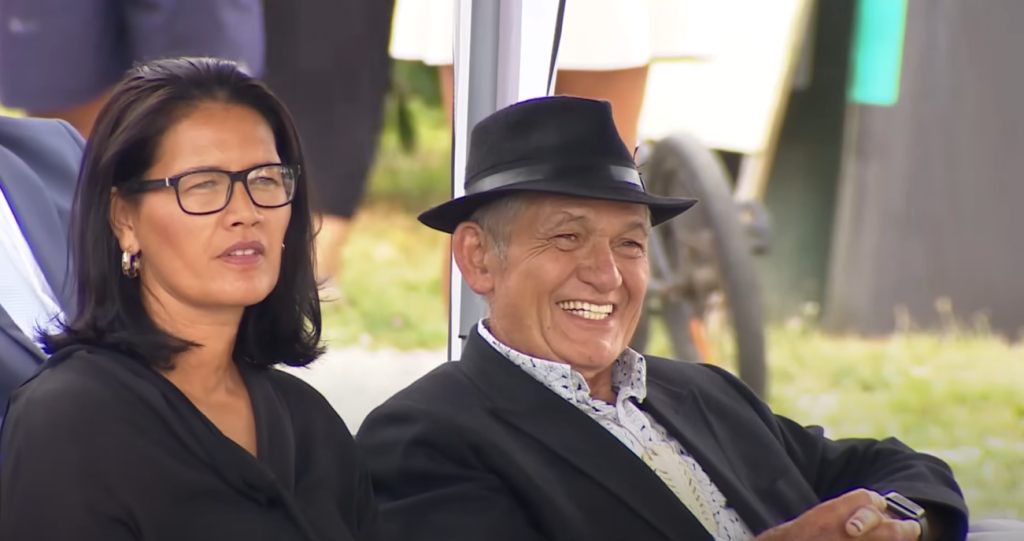Tributes are pouring in from across New Zealand and beyond.
Others are reading now
New Zealand’s Māori King, Tuheitia Pootatau Te Wherowhero VII, has died at the age of 69.
Aides for the king confirmed that he passed away in a hospital on Friday, where he had been recovering from heart surgery. His death comes just days after he celebrated the 18th anniversary of his coronation.
In a statement, a spokesperson expressed the deep sorrow felt by many: “The death of Kiingi Tuheitia is a moment of great sadness. A chief who has passed to the great beyond. Rest in love.”
Kiingi Tuheitia led the Kiingitanga, the Māori King movement founded in 1858 to unite New Zealand’s Indigenous Māori under a single sovereign. Although the role holds significant political and symbolic importance, it has no formal legal status.
Also read
According to Aljazeera, the king’s funeral is expected to take place next Thursday. He will likely be laid to rest alongside his mother, Queen Dame Te Atairangikaahu, and previous Māori kings on the sacred Taupiri Mountain.
Tuheitia ascended to the throne in 2006 following his mother’s passing, becoming the seventh monarch of the Kiingitanga.
The position, while influential, is not strictly hereditary. The next king will be chosen by the heads of tribes associated with the Kiingitanga after the tangihanga, or funeral rites, which are expected to last at least five days.
New Zealand Prime Minister Christopher Luxon led the tributes, with flags on government and public buildings being flown at half-mast.
“Today, we mourn,” Luxon said in a statement from Tonga, where he is attending the Pacific Islands Forum. He praised King Tuheitia’s commitment to his people, his dedication to preserving Māori culture, and his vision for a future built on dignity and respect for all.
Britain’s King Charles III, who is New Zealand’s formal head of state, expressed his shock and sadness at the news.
“My wife and I were profoundly saddened to learn of the death of Kiingi Tuheitia,” King Charles said in a statement.
The Treaty of Waitangi, signed in 1840 between the British and Māori chiefs, is considered the country’s founding document. It granted the Māori the same rights as British subjects and authority over their treasures, or “taonga.”
The Māori community, and indeed the entire nation, now awaits the selection of the next king, a decision that will be made by the heads of tribes affiliated with the Kiingitanga at the conclusion of the tangihanga.


